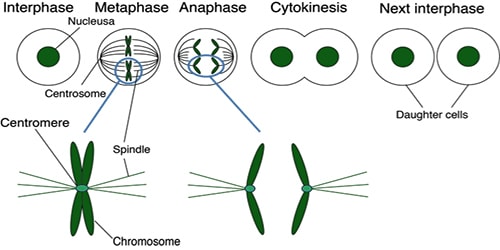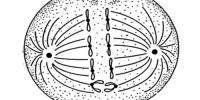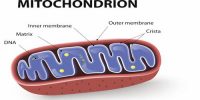Every living body is composed of the cell. Some living bodies are made of only one cell. They are called unicellular organism, e.g. Bacteria, Amoeba, Plasmodium, some Fungi and some Algae. Some living bodies are made of more than one cell. These are called multicellular organism.
Cell division is the process by which a parent cell divides into two or more daughter cells. Cell division usually occurs as part of a larger cell cycle. There are many living bodies, which are made of millions of cells. Living bodies like the human. beings or mango tree etc. are composed of millions of cells.

Fig: Cell Division
Unicellular organisms increase their number (multiply) by cell division. In this process, one cell divides into two, two to four and so on. In multicellular organisms, a large body consisting of millions of cells develops by cell division from the embryo, which also develops from a single fertilized egg. A young seedling developed to a large tree by cell division. Again new generation is created from male and female gametes formed by cell division. But all these divisions are, not alike. The processes of division are of different types and the results are also different.













